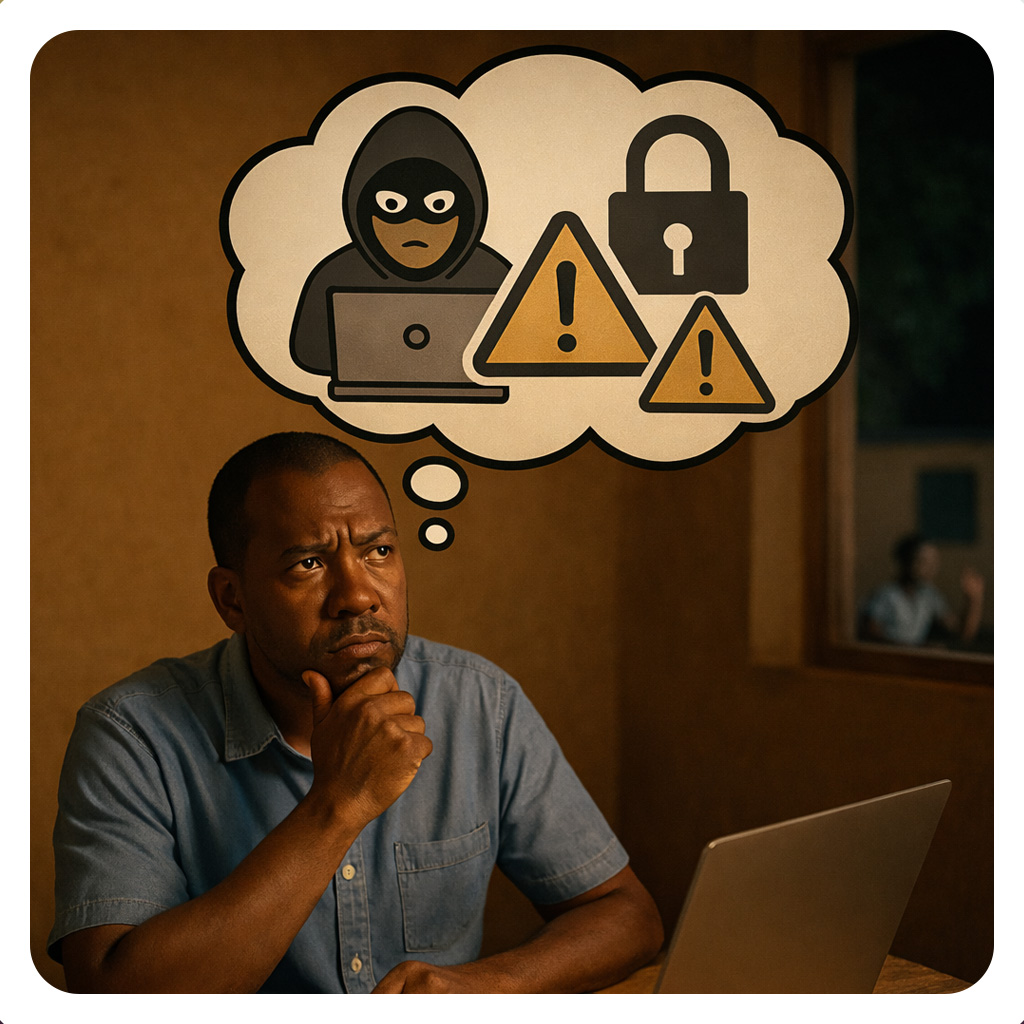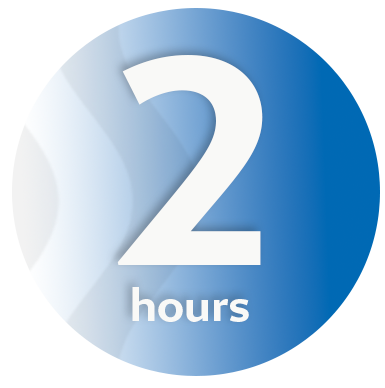Welcome

 Why this Unit?
Why this Unit?
Unit Competencies
By the end of this Unit, you should be able to:

Recommended Time: 2 hours
Introduction
As Tanzanian schools increase their use of digital tools, it is essential for both teachers and students to understand internet safety and the basics of cybercrime. Internet safety involves practising responsible and cautious behaviour online, such as protecting personal information, using strong passwords, avoiding harmful websites, and being respectful in digital communication. Cybercrime refers to illegal activities carried out using computers or the internet, including identity theft, online scams, hacking, and the spread of harmful or abusive content. Teachers play a key role in modelling safe online behaviour and guiding students to recognise risks—such as suspicious links, fake profiles, or cyberbullying—so they can use technology confidently and responsibly. By promoting awareness and safe digital habits, schools help create a secure learning environment and protect both learners and staff from potential online threats.
Lesson outcomes
By the end of this lesson, you will be able to:
Internet safety is the act of securing your private information and property on the internet to ensure that it is protected from criminals. Since your computer and other devices including mobile devices are continuously connected to the internet, reasonable security measures should be in place to safeguard from accidental and/or malicious activities of criminals.
Read Resource 1 to get a wider understanding of Internet Safety.
Common forms of Cybercrime
With more people depending on the internet for various social-economic activities such as communication, banking, shopping, and education, cybercrime has become a major threat to personal privacy, financial security, and safety. Read Resource 2 to learn more and summarize into a paragraph.
Try this short quiz to test your understanding
Introduction
Teachers and students should also be familiar with the legal framework on cybercrime in Tanzania, which outlines the responsibilities and protections for all citizens using digital technologies. The Cybercrimes Act of 2015 is the country’s main law addressing offences such as online fraud, identity theft, data misuse, child exploitation, cyberbullying, and the unauthorised access or destruction of digital information. The Act gives authorities the power to investigate and prosecute individuals who misuse ICT tools, and it emphasises the importance of safeguarding personal data and digital systems. For schools, this means promoting lawful and ethical use of technology, teaching learners about their rights and responsibilities online, and ensuring that staff understand the consequences of improper digital behaviour. Building awareness of this legal framework helps create a safer digital environment and encourages responsible ICT use throughout the school community.
Lesson outcomes
By the end of this lesson learners should be able to:
What is the legal position here in Tanzania in terms of cybercrime and your protection? We have many policies relating to cybercrime. Read Resource 3 to learn more.
How much of that did you retain? Let us try a short test to see what you understand. Try the quiz below.

Introduction
To ensure safe and responsible use of digital tools in schools, teachers and students need practical strategies for online safety that they can apply every day. These include using strong and unique passwords, keeping devices and software updated, and being cautious when clicking on links or downloading files. Students should be taught to protect their personal information, avoid sharing passwords, and report any suspicious or harmful online behaviour to a trusted adult. Schools can also establish clear digital use policies, promote respectful online communication, and use filtering or monitoring tools where appropriate. By combining good habits, awareness, and supportive school policies, teachers can create an online environment where learners explore and work confidently while minimising risks.
Lesson outcomes
By the end of this lesson learners should be able to:
You are now aware of Internet Security and Cybercrime. Now it’s time to apply your knowledge to real-life by responding to the following scenario. You are a teacher in a Tanzanian secondary school that has recently introduced digital learning using school tablets and access to online platforms. Read the following scenario carefully, then post your response in the forum. After posting, read at least two other teachers’ posts and reply with constructive feedback or alternative suggestions.
Access the forum below.
Instructions
Read Resource 8 to get a deeper understanding of digital citizenship.
The document (Resource 9) and video (Resource 10) describe the concept of Digital Citizenship. Read, and watch, carefully and respond to the questions that follow.
Attempt Quiz 3 to understand how to promote digital citizenship in education.
Now that you have completed the training on online safety, cybersecurity, and digital citizenship, it’s time to reflect on how these principles can be applied in your specific school environment.
Every school has its own challenges — differences in access to technology, student digital skills, internet connectivity, and school culture. This discussion will help you share practical strategies for embedding what you have learned into your daily teaching and school practices.
Access the forum below.
After completing all the unit activities it's time to test your understanding. Take the short unit test below.
 Internet safety is about protecting personal data, devices, and digital identity from online threats such as hacking, phishing, identity theft, malware, and cyberbullying — all of which are forms of cybercrime. In Tanzania, the Cybercrimes Act (2015) provides the legal basis for addressing these offences, with penalties including fines and imprisonment to ensure accountability and justice. Understanding these laws helps schools, teachers, and students comply with legal expectations and reduce risk.
Internet safety is about protecting personal data, devices, and digital identity from online threats such as hacking, phishing, identity theft, malware, and cyberbullying — all of which are forms of cybercrime. In Tanzania, the Cybercrimes Act (2015) provides the legal basis for addressing these offences, with penalties including fines and imprisonment to ensure accountability and justice. Understanding these laws helps schools, teachers, and students comply with legal expectations and reduce risk.
Safe online behaviour requires practical actions such as using strong passwords, updating software, enabling privacy settings, avoiding suspicious links, and educating others about digital risks. Promoting digital citizenship — responsible, ethical, and informed use of technology — is essential, and teachers have a key role in modelling and teaching it. By combining legal awareness, online safety strategies, and responsible digital behaviour, schools can create safer digital environments for teaching and learning.
References:
![]()
Internet Safety, Cybersecurity and Digital Citizenship by Tanzanian Ministry of Education Science, and Technology is licensed under a Creative Commons Attribution-ShareAlike 4.0 International License.
Learning Designer:
Adapted OER: